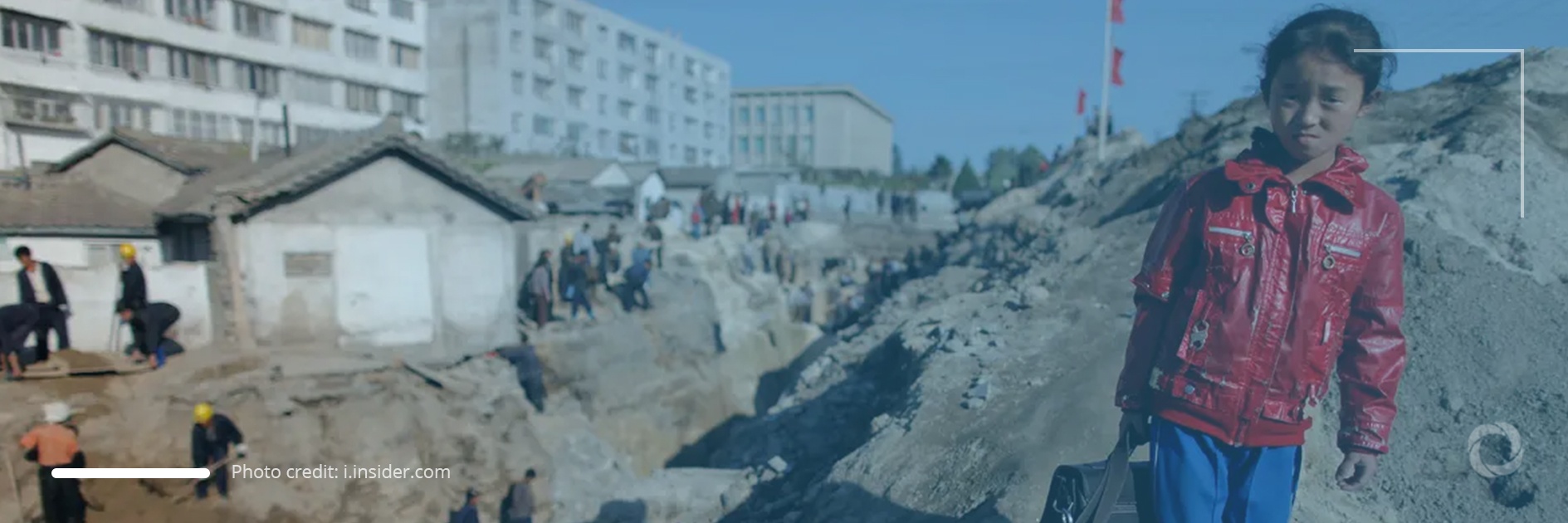North Korea is plunging into a humanitarian crisis as levels of hunger and poverty are on the rise and the authorities warn that people should be aware of the forthcoming shortages.
The latest Severity Index report issued by the Assessment Capacities Project (ACAPS), a Geneva-based non-governmental organization, indicates that about 10 million of the country’s 25 million population may require humanitarian aid owing to food insecurity and the lack of healthcare assistance. ACAPS noted that North Korea was at a “high risk” of humanitarian crisis.
Data also shows that around 140,000 children under five face food insecurity and 8.7 million people do not have sufficient access to health care facilities, medical equipment, medicines, and specialists. At the same time, about 8.4 million North Koreans suffer from a lack of access to safe water sources. ACAPS also recorded cases of forced labor, disappearances, arbitrary arrests, and women being trafficked to other countries where they are forced into marriage or sexually exploited.
See also: North Korea is plunging to levels of hunger and poverty similar to the deadly famine of the 90s
So far, Pyongyang has not officially reported any COVID-19 case. Experts point out that movement restrictions were imposed mainly because the weakened North Korean healthcare system would not be able to manage such a burden as the COVID-19 pandemic. Another factor which has added to the crisis is natural hazards. Last year, in August and September, North Korea was affected by extensive rainfall and typhoons that destroyed crops and limited the distribution of food.
“The North Korean economy is on the brink of a huge recession. A lot of people are suffering. I have spoken to contacts who say there are more people begging for food and money at markets, and a rise in the number of homeless people. There is also a desperate need for antibiotics and other medicines,” said Jiro Ishimaru, the head of the Osaka-based Asia Press website who also manages a network of citizen journalists in North Korea.
While the North Korean leader, Kim Jong-Un, has blamed the global pandemic for the country’s dire economic condition, he has also recently revealed a plan of “tangible change” which aims to stabilize the economy. Although he did not provide any details on the plan, he called on people to be resilient and announced strengthened state control on the economy, a boost in agricultural production, and a focus on bolstering the chemicals and metal industries which have been particularly impacted by sanctions and the pandemic.

